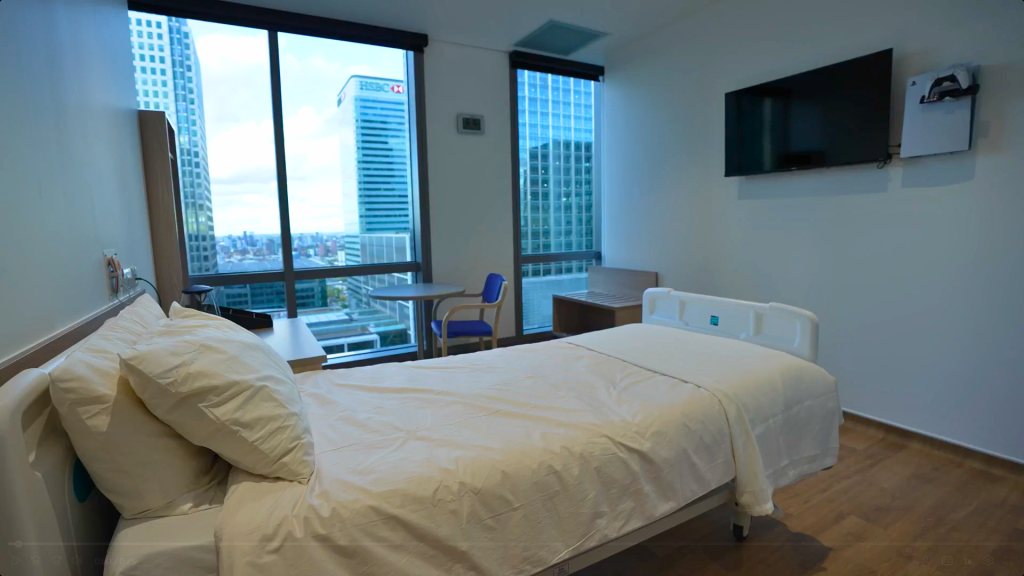Nestled between J P Morgan’s London headquarters and the Mastercard office in Canary Wharf, London, is an unassuming building that houses some of the most transmissible viruses known to scientists.
hVIVO, a contract research organisation (CRO), specialises in human challenge studies for respiratory and infectious diseases. These studies, which proliferated during the Covid-19 pandemic, consist of small numbers of volunteers intentionally infected with a virus to test potential vaccine and drug candidates at an early stage of development.

hVIVO’s new facilities in Canary Wharf could help usher in a new paradigm of testing therapeutic candidates. Having conducted more than 80 studies of this type, including the first in the world for SARS-CoV-2, the CRO helps pharma companies and biotechs evaluate early-stage candidates before large-scale clinical trials that take both time and financial resources.
Climate change and urbanisation mean that the prevalence of infectious diseases is estimated to rise. For example, rising temperatures will likely take mosquito-borne viruses such as Dengue fever to many more countries than the tropical regions it currently occupies.
At an investor’s day at the new facility, hVIVO’s CEO Dr Yamin Khan highlighted the unusual location of the new facility.
“Why Canary Wharf? We’re not a bank,” Khan remarked while recounting the search for potential new sites.
It is part of the vision of Canary Wharf Group, which is eyeing to make the area a European hub for life sciences over the next few years. The group is already populating a 23-storey, 823,000ft² building with companies eager to call Canary Wharf a new home.
For hVIVO, the move means its human challenge studies will have streamlined workflows and efficiencies. Individuals willing to be infected with diseases will have a state-of-the-art facility to spend time in while under observation, a period that could last two weeks. The private rooms, equipped with a PlayStation 5 and TV, overlook the other high-rises of Canary Wharf. hVIVO scientists, meanwhile, will have laboratories decked out with the latest polymerase chain reaction (PCR) machines and reagent freezers, among other devices.

The company, which primarily focuses on influenza and respiratory syncytial virus (RSV) inoculations, has even had to install robust security measures because it stores high-risk biological agents and hazards – an unexpected dichotomy with the flanking financial institutions of the country.
The participant recruitment part of the operation, which hVIVO brands FluCamp, has made a name for itself online. On the social media platform TikTok, vlogs from enrolled members have accumulated around 16 million views. “Earn £3,000 with me at FluCamp,” one video reads.
For human challenge studies, the advantage of their use is clear. Benefits range from the scientific realm – such as generating dosing, safety, and efficacy data and de-risking later-stage trial data – to more general clinical efficiencies such as not having to rely on viral seasons.
Speaking at the investor event, Liverpool School of Tropical Medicine respiratory medicine professor Stephen Gordon said that the UK is a leader in human challenge trials, and the country – along with Europe – plays a key role in researching infectious diseases, especially in contrast with more restrictive US regulatory frameworks. Along with financial savings and providing a data framework for regulatory wins such as fast tracks or breakthrough designations, human challenges could become a key study choice for helping fight “Disease X” – what the World Health Organization has named the epidemic virus of tomorrow.









